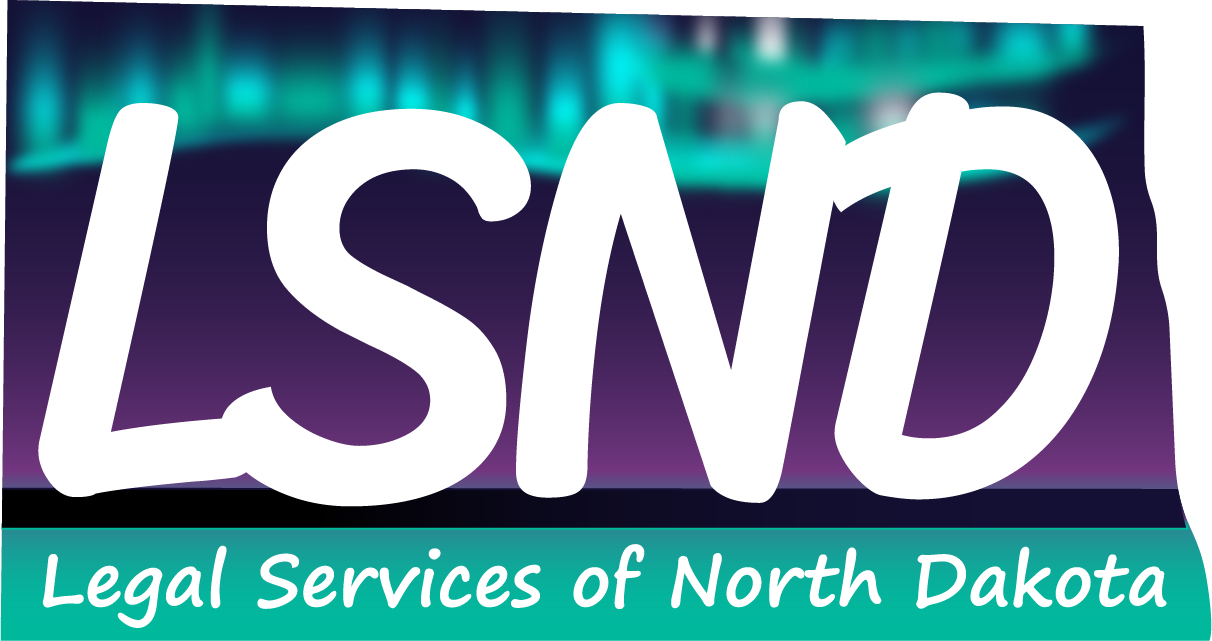Are you new to the United States? Or are you just starting your first job? Do you need some basic information to help you understand taxes and how they affect you when you are working in the United States? This information is for you.
What Are Taxes And What Are They Used For?
The United States government is given the power to tax by the U.S. Constitution. The money collected from individuals and businesses by the government is called tax. The agency responsible for the collection of taxes is the Internal Revenue Service (IRS). Taxes are used to fund goods and services that are free to the public such as: public education, roads, our national defense and police forces, and social service programs.
How Are Taxes Paid When You Have Earned Income?
The U.S. uses a pay as you go tax system.
When you work for an employer, the employer withholds the tax from your earnings and pays it to the IRS for you. When you start a new job, the employer should have you complete a form called a W-4. This form asks questions such as: whether you are single or married, have dependent children, or have more than one job. The information on the W-4 helps the employer determine the correct amount of tax to withhold from your wages.
It is very important that you use your correct Social Security Number (SSN) or Individual Taxpayer Identification Number (ITIN) on the form W-4. No two numbers are the same and so these identifying numbers are how the IRS keeps track of taxpayers and how they know you paid your taxes. You are responsible for giving the correct SSN or ITIN to your employer so that the taxes they pay for you are paid under your number.
If you have your own trade or business, you are considered to be self-employed and you are responsible for making your own tax payments to the IRS. Self-employed persons must make estimated tax payments to the IRS on a quarterly basis (4 times per year). The form used to make the quarterly payments is called a 1040-ES.
What Are Income Tax Returns?
Income tax returns are special forms used by the IRS for individuals to report their income and any tax owed on that income. The U.S. uses a voluntary compliance system which means that every person is responsible for filing their own income tax return each year.
Although you may have paid taxes throughout the year either through an employer or by making estimated tax payments, you are still required to file a federal income tax return. Income tax returns are due by April 15th of each year for the previous calendar year.
In addition to reporting income on a tax return, taxpayers are sometimes entitled to certain tax breaks which they can take on their federal return to reduce their tax. Tax breaks include:
• Deductions. Reduces the income subject to tax.
• Exemptions. Reduces the income subject to tax.
• Credits. Reduces the amount of tax owed or may increase the refund.

So, Why Should You File A Tax Return?
1. It is required by law if you make more than the standard exemption for single or married filers. In 2023, the amount for single filers is $13,850 and married filing jointly is $27,700.
2. You may be due a refund – if you paid too much tax during the year or you are entitled to certain tax credits, such as the Earned Income Credit, or Child Tax Credit, you can only receive the refund by filing a return.
3. It may help your immigration status – filing a return would show that you are obeying the law and would document your employment, presence, and family status in the U.S.
What If You Don’t Know How To File A Tax Return?
Free income tax return preparation for low and moderate-income taxpayers is provided by Volunteer Income Tax Assistance (VITA) sites sponsored by the IRS. To find a VITA site, call IRS toll-free at 1-800-TAX-1040.
Some IRS Taxpayer Assistance Centers will also assist taxpayers with their returns. In North Dakota, these centers are located in the cities of Bismarck, Minot, Grand Forks and Fargo. You can find their locations on the IRS website at www.irs.gov. If you need an interpreter, the IRS will provide one for you.
Some taxpayers use a professional tax preparer, however you must pay these preparers a fee for preparing your tax return.
Who Do I Contact With Additional Questions?
Seniors 60 and over Call:
1-866-621-9886
Others Call:
1-800-634-5263
You may apply for legal services by completing our online website application.
